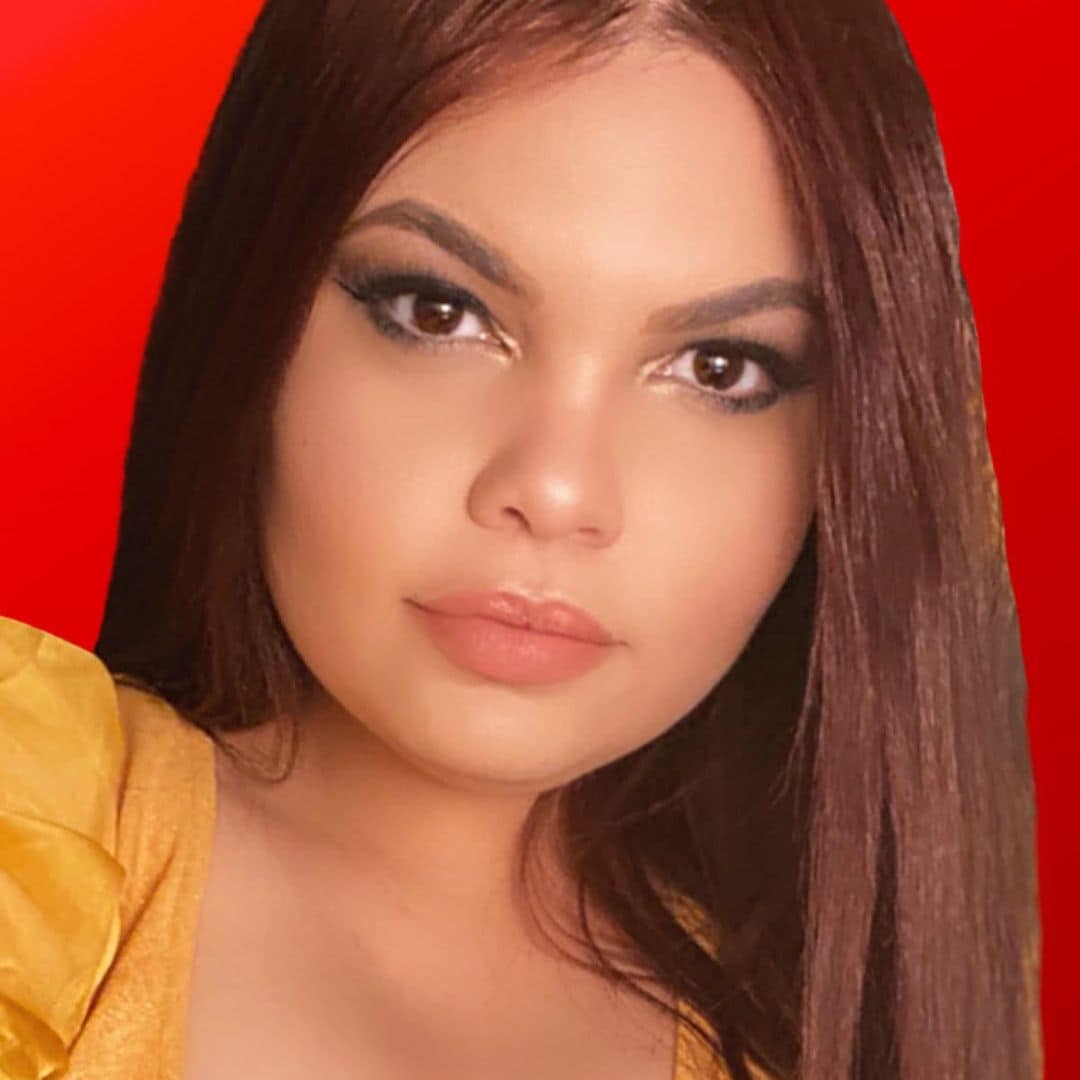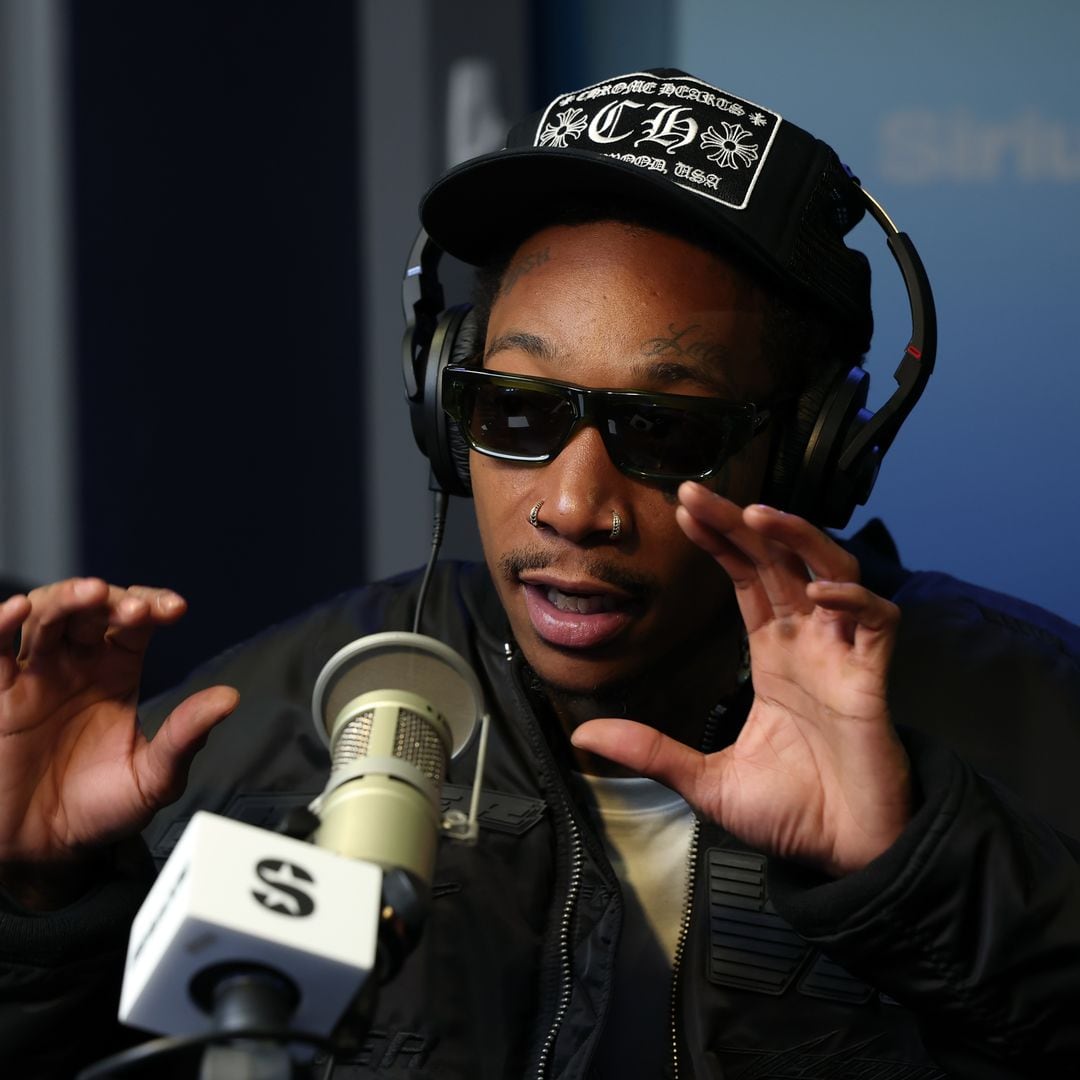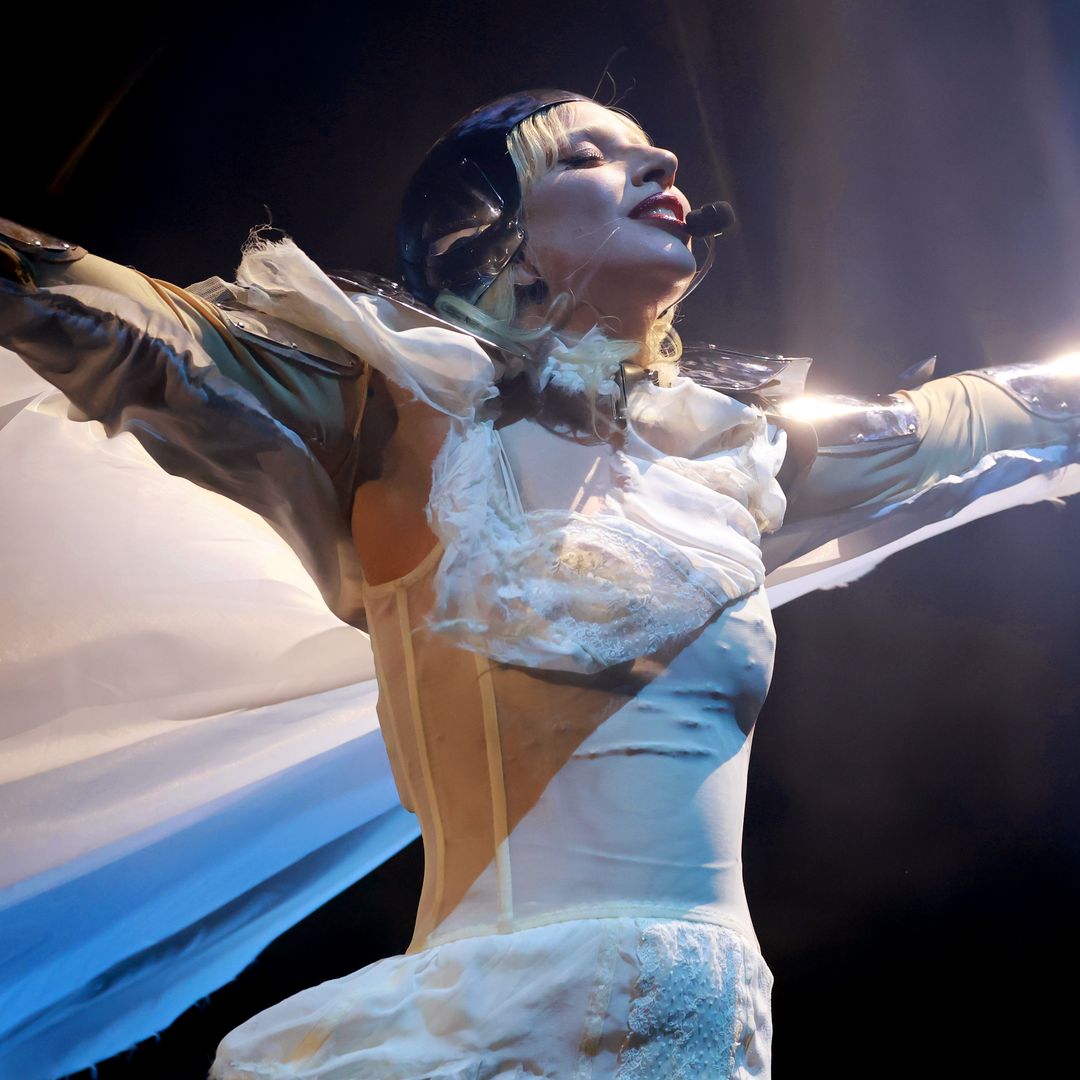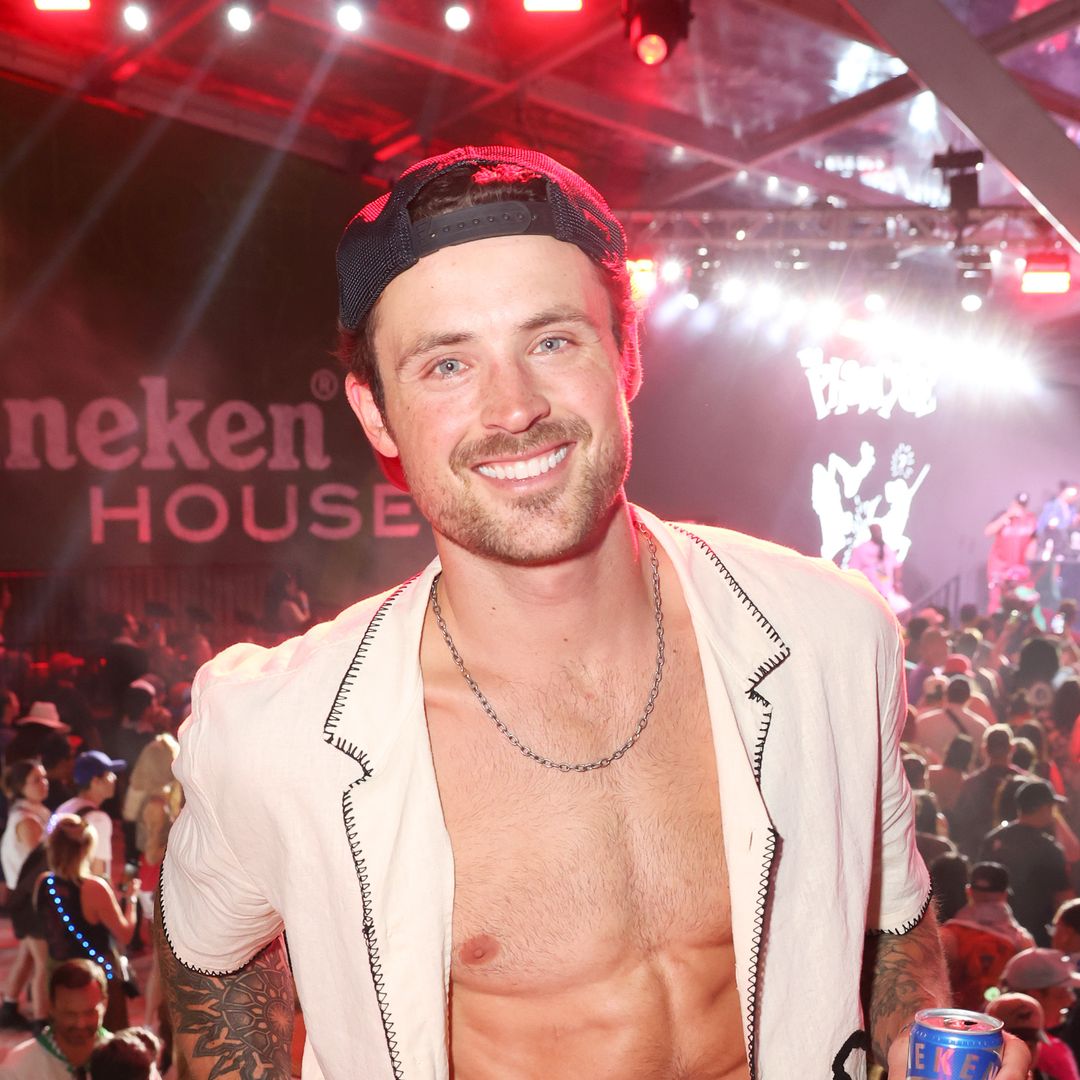Lizzo appeared for the first time on the cover of Vogue for October. Besides looking stunning, the musician also spoke about the upcoming election, the coronavirus pandemic, racism in the music industry, justice, and so much more. “I am the first big black woman on the cover of @voguemagazine. The first black anything feels overdue. But our time has come. To all my black girls, if someone like you hasn’t done it yet— BE THE FIRST,” she wrote on Instagram.
The Detroit native, whose real name is Melissa Viviane Jefferson, has been living in Los Angeles since 2016, and according to her interview for the magazine, she has been in lockdown for a while due to COVID-19. “I’m in a hot spot,” she said. “I’ve been in my house every single day. I can count on my hands how many times I’ve actually left. I’m fortunate that I am in that position. I really had guilt about that, early on.” The singer also added that she is aware that being on isolation can impact mental health. “A lot of times, staying home isn’t staying safe,” Lizzo said. “There are so many levels to the butterfly effect of this pandemic—not just the sickness but the emotional and mental effects. That is what keeps me up at night. And that’s what stresses me out.”
Unfortunately for the “Truth Hurts” interpreter, the pandemic is just a layer of what worries her. Lizzo opened up about the recurrent cases of police brutality and targeted violence against the Black community. “My dad taught me very early on about what being Black in this country is. When I learned about Emmett Till, I was so young. And I have never forgotten his face,” she recalls.
The 32-year-old performer said to the publication that the system and perpetrators are careless. “They don’t actually care. And ‘they’—I don’t know who ‘they’ are. But I know that they don’t care, because if shit like this is still happening, there has to be a ‘they.’ They don’t care about somebody’s actual life,” she said.
The singer knows that those who vote have an immeasurable power to change things for the better — or worse, in some cases. However, she is hopeful that her message will inspire others to cast their ballot. “I just want to encourage people to register to vote. That is the most important thing to me. Because there‘s a lot of upset people, and there’s a lot of people who have power,” she said. “There’s a lot of voter suppression in Black communities. But there’s a lot of angry white kids now. And I’m like, ‘Yo, register to vote. Go out. You won’t get suppressed if you try to go to your ballot box.’ You know?”
She highlighted the importance of continually remind people voting is crucial and also a form of protest. “I think it‘s important to remind people of what they can do,” she added. “My job isn’t to tell you how to vote. But my job is hopefully to inspire you to vote…to activate you so that you can take your protest to the ballot box.”
The unattainable perfection and the beauty standards society has planted in everyone’s brain to believe that only European features and slim bodies are beautiful is something Lizzo is fighting against. But for her, all the body positive and inclusivity movement has taken a dark route, and big companies and decision making people are monetizing instead of helping. “It’s commercialized. Now, you look at the hashtag ‘body-positive,’ and you see smaller-framed girls, curvier girls. Lotta white girls. And I feel no ways about that because inclusivity is what my message is always about,” said Lizzo. ”I’m glad that this conversation is being included in the mainstream narrative.”
“What I don’t like is how the people that this term was created for are not benefiting from it,” she continued. ”Girls with back fat, girls with bellies that hang, girls with thighs that aren’t separated, that overlap. Girls with stretch marks. You know, girls who are in the 18-plus club. They need to be benefiting from...the mainstream effect of body positivity now. But with everything that goes mainstream, it gets changed. It gets -- you know, it gets made acceptable.”
When it comes to personal preferences, Lizzo also said that instead of being considered a “body-positive” figure, she rather be identified as someone who supports “body-normative.” She is willing to spark that conversation again. “I think it’s lazy for me to just say I’m body-positive at this point,” she explained. “It’s easy. I would like to be body-normative. I want to normalize my body. And not just be like, ‘Ooh, look at this cool movement. Being fat is body positive.’ No, being fat is normal. I think now; I owe it to the people who started this to not just stop here. We have to make people uncomfortable again so that we can continue to change. Change is always uncomfortable, right?’”
For Lizzo, her music and platform are the ultimate way she can impact someone‘s life. “I think it’s important that I take full responsibility for the way the world perceives me because that is the way they’re gonna perceive someone who looks like me in the future,” she said. “Maybe, hopefully, that would give some young girl someone to look up to and take away the opportunity for someone to weaponize her uniqueness against her.”
She knows and understands her role in the industry, and she will continue using her influence to help others and herself. “I had to travel the world, and I had to meet people and read DMs and look into their eyes and really hear their stories to believe that I was making an impact in a positive way,” Lizzo added. “And now that I believe in myself in that way, I’m gonna continue to just push that conversation by being a better me every single day.”
,type=downsize)




